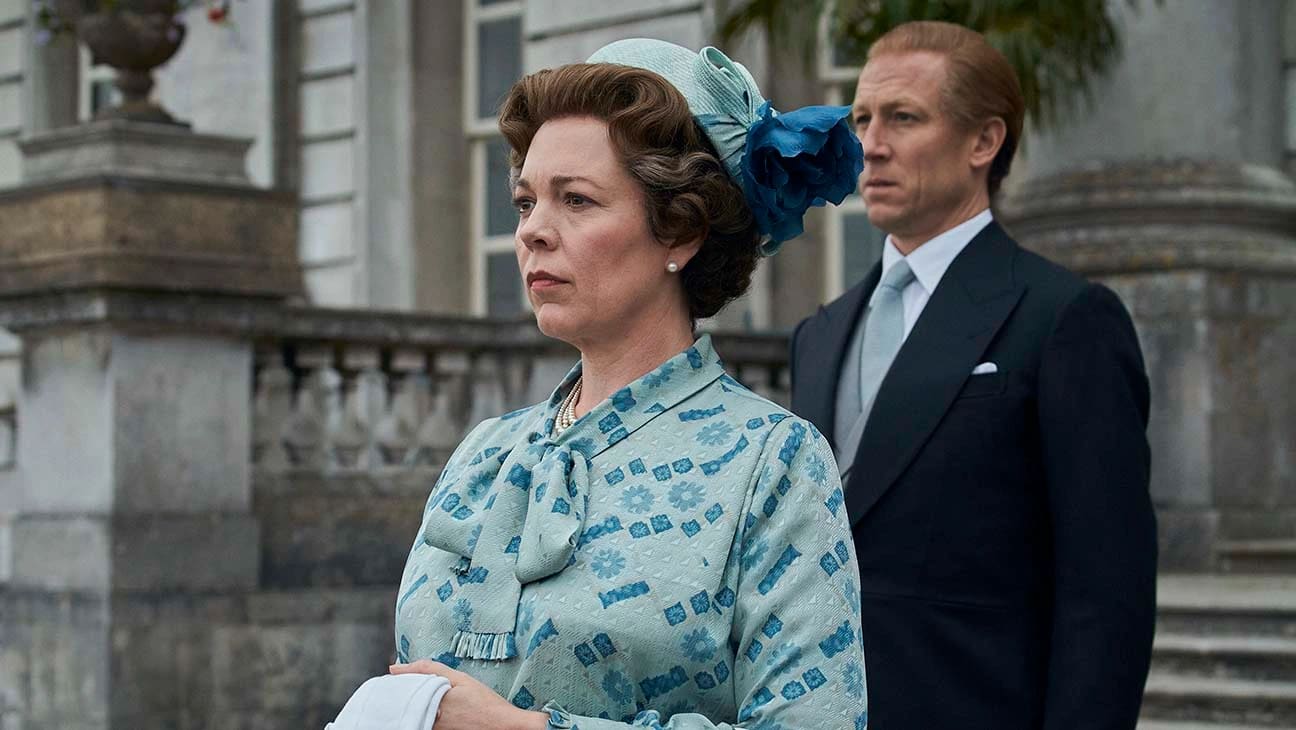UK film and high-end TV production spend hits £6.3bn record in 2022
Spend on independent UK filmmaking, however, dropped to £173.6m, representing only 9% of the total spend
By Ben Dalton 3 Feb 2023

A record £6.3bn was spent on film and high-end television (HETV) production in the UK in 2022, up 11.1% on 2021; but spend on independent UK filmmaking dropped by 31% year on year.
According to figures published today (February 2) by the BFI’s Research and Statistics Unit, film and high-end production was up £1.8bn on 2019, the last full pre-pandemic year.
However, spend on independent UK filmmaking dropped to £173.6m, representing only 9% of the total spend.
Inward investment films and HETV delivered a record £5.4bn, representing 86% of the combined production spend. In 2021 the spend was £5.1bn.
Total film production reached £2bn, up 27% on 2021. Inward investment films contributed £1.7bn (88%) of this – a 31% increase on 2021. But there was a 31% drop in the spend on local UK films. Co-production spend accounted for £59.1m, which is 3% of total film spend, and a 3.5% increase on 2021.
HETV production spend increased 4.9% to £4.3bn, although this figure includes the £938.8m spent on film productions made for streaming platforms. Inward investment HETV series contributed £3.6bn (84%) of this figure, with local series at £632.7m (15%) – down 4% on 2021; and co-production spend at £36.5m – less than 1% of total spend, but almost three times the 2021 figure.
The statistics also show the increasing investment in single long-form productions by streaming platforms. A total of 22 single UK and inward investment productions contributed £938.8m, a 23% increase on 2021, with productions including Steve McQueen’s Blitz and Ridley Scott’s Napoleon for Apple, and Emerald Fennell’s Saltburn for Amazon Prime Video.
Films increase
Some 220 films went into production in the UK in 2022, 11 more than was reported for 2021. One hundred of these were local UK features, and included Georgia Oakley’s Blue Jean, Philip Barantini’s Accused, Amrou Al-Kadhi’s Layla and Karim Ainouz’s Firebrand.
Thirty UK-international co-productions, running at the highest spend level since 2013, included Ken Loach’s The Old Oak, Jessica Hausner’s Club Zero and Nora Fingscheidt’s The Outrun.
US studios continued to see the UK as a leading production hub, with a 31% increase on 2021 spend to £1.4bn. Titles included Greta Gerwig’s Barbie and Bong Joon Ho’s provisionally-titled Mickey 17 for Warner Bros; and Louis Leterrier’s Fast X for Universal.
Non-US studio inward investment films also saw an increase in spend, up 34% to £382.2m.
The £4.3bn UK spend on HETV production was the second-highest on record, down 3% on 2021’s £4.4bn. This figure was up 88% on 2019’s pre-pandemic £2.3bn.
In 2022, 195 HETV productions began principal photography, of which 55% were inward investment, 41% were local UK projects and 4% were co-productions.
The 80 local UK projects is the second-highest number since the introduction of the high-end TV tax relief, again topped only by 2021.
The £3.6bnn HETV inward investment total is also 3% down on 2021 but is more than double 2019’s £1.8bn. HETV inward investment series have included season two of Amazon Studios’ The Lord Of The Rings: The Rings Of Power. The first series shot in New Zealand.
“Today’s record-breaking figures for film and TV production in the UK are great news for our industry and the UK economy and underlines the success of our industry at a global level,” said Ben Roberts, BFI chief executive. “Our world-class talent, craft and production services, and vital film and TV tax reliefs, have enabled the UK to be a major player in a highly competitive global industry. Further investment in expanding studio space UK-wide to meet production demand will continue to build on this economic success and create further jobs.“
“To see audiences coming back to cinemas after the pandemic for Top Gun: Maverick, Roald Dahl’s Matilda The Musical and independent films such as Belfast shows that film and the big screen experience is very important to people. But while independent UK films such as Aftersun and The Banshees Of Inisherin are enjoying awards and audience success worldwide and are clearly essential to the creativity of our industry and for UK culture, the continuing downturn in production spend on UK indie film means we need to stand behind the recommendations of the Economic Review of UK Independent Film to ensure it survives and thrives.”
“As today’s figures demonstrate, the UK inward investment film and TV industry continues to experience remarkable growth in production, generating billions of pounds for the UK economy and thousands of new jobs in production hubs throughout the UK’s nations and regions,” said Adrian Wootton, chief executive of the British Film Commission. “It’s a real testament to the strength of our regional as well as metropolitan offer that so many major film and High-end TV productions choose to base themselves through the length and breadth of the UK. With the right levels of ongoing investment in skills, support and infrastructure, the UK is well-positioned to attract major international film and TV productions for many years to come.’’
Box office still lagging
As previously reported through other sources, total UK-Ireland box office for 2022 came in at £945m. That figure is 57% up on 2021, but still 26% down on the last full pre-pandemic year of 2019 when it was £1.36bn.
Paramount’s Top Gun: Maverick was the highest-grossing 2022 title with £83.7m, representing 9% of the total box office. The top 20 collectively grossed £644.6m, representing 67% of the total, and up 46% on the top 20 figure for 2021.
Sequels or franchise titles accounted for 12 of the top 20 titles, with Elvis coming in as the highest non-franchise or sequel film in 10th with £27.7m.
Among independent titles, Kenneth Branagh’s Belfast led the way with £15.6m. There was a sizeable gap to Martin McDonagh’s The Banshees Of Inisherin in second place with £9.3m; and another jump to Operation Mincemeat and The Duke in third with £5.3m. These are the gaps that independent producers and cinema exhibitors alike will be looking to fill in the coming year, to avoid an over-reliance on blockbuster titles.
The top 20 independent UK titles brought in £69.2m, accounting for 92% of the total for all independent UK titles.
There was a drop in the share of box office for UK-qualifying films from 41.1% to 29.6% in 2022, largely accounted for by No Time To Die’s strong contribution in 2021.
Box office figures from the BFI were provided by CAA and Comscore.
This article originally appeared on our sister site, Screendaily.
Latest news & features
Featured profiles
Promote your services with KFTV
Choose from three profile types - Basic, Silver and Gold
Create ProfileWe offer a range of display advertising opportunities.
Learn More


